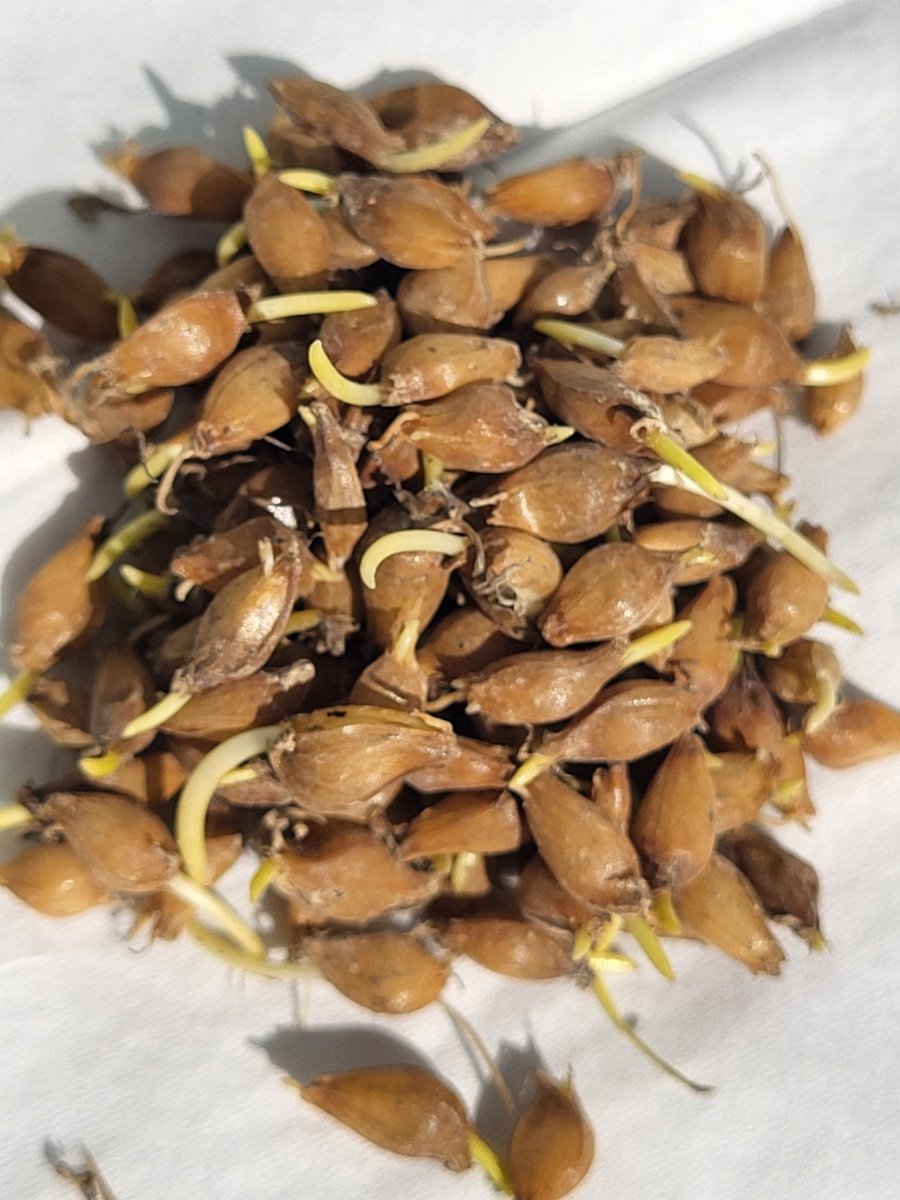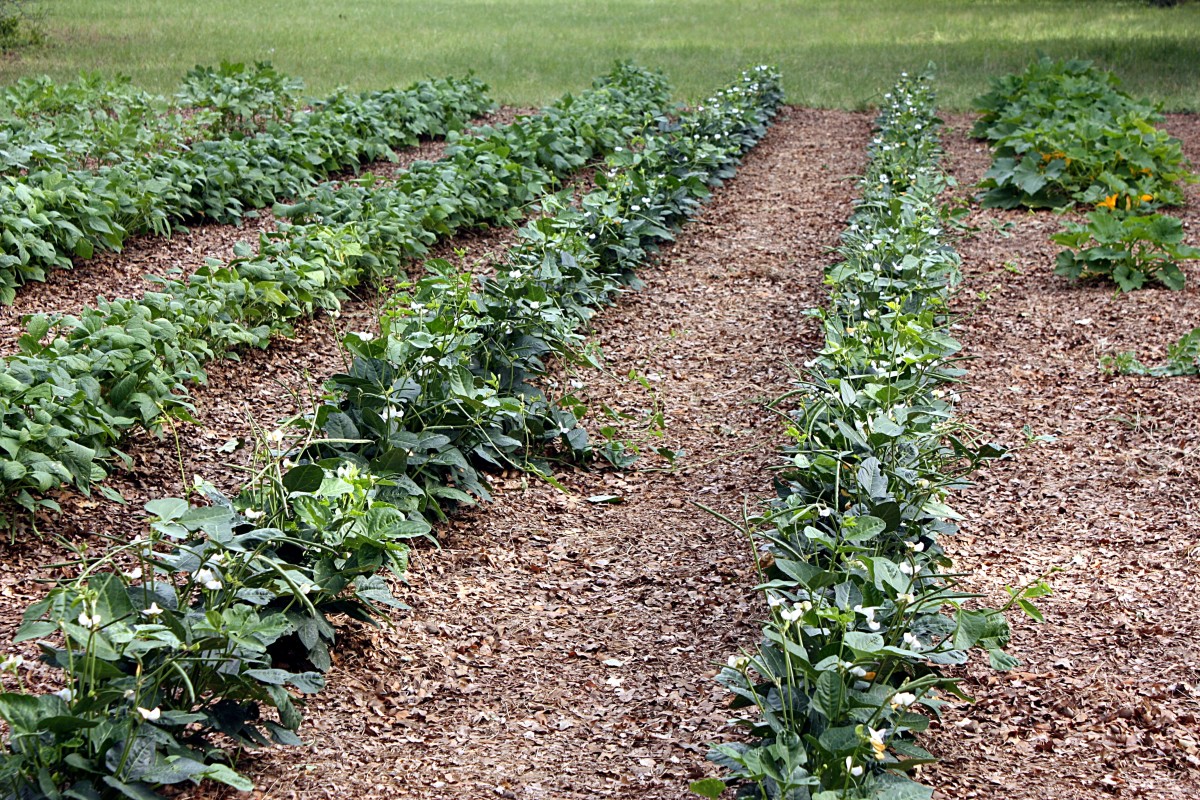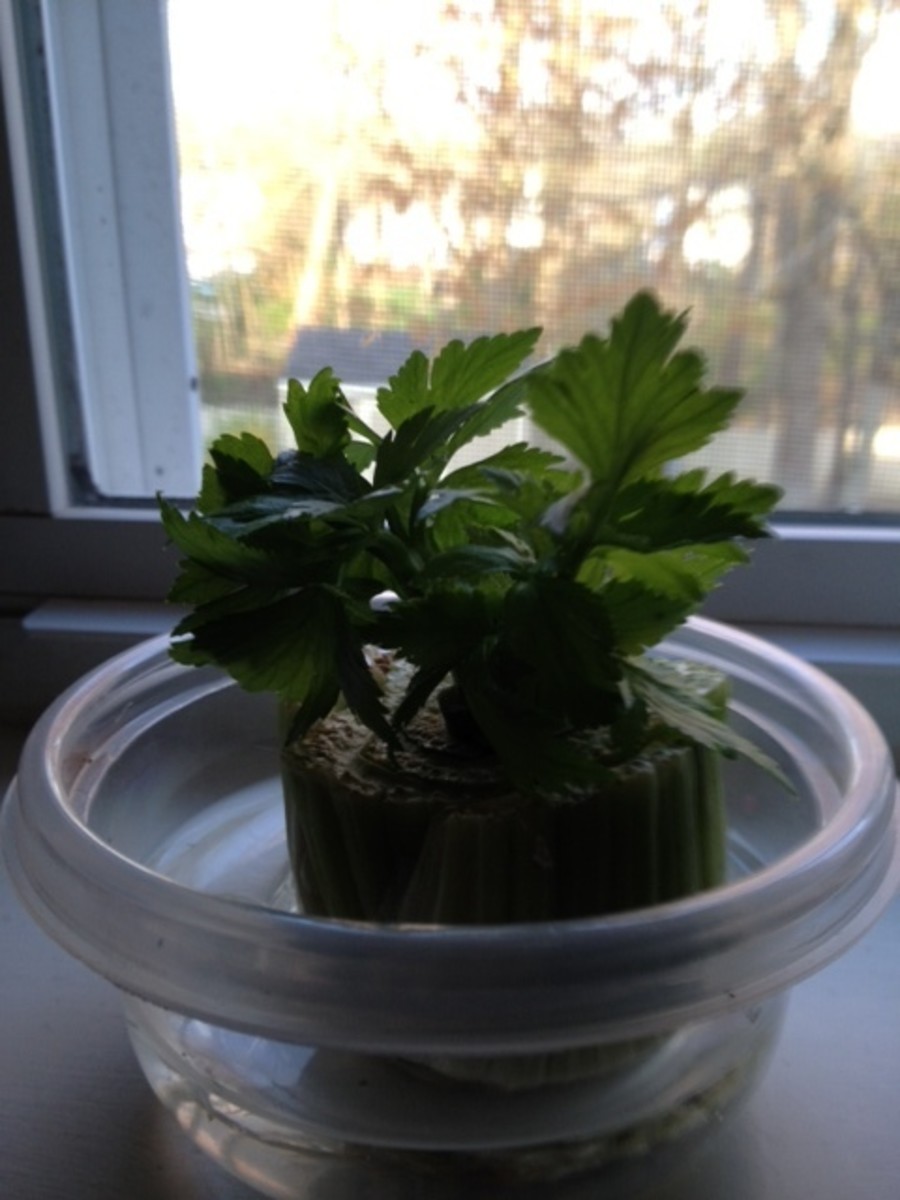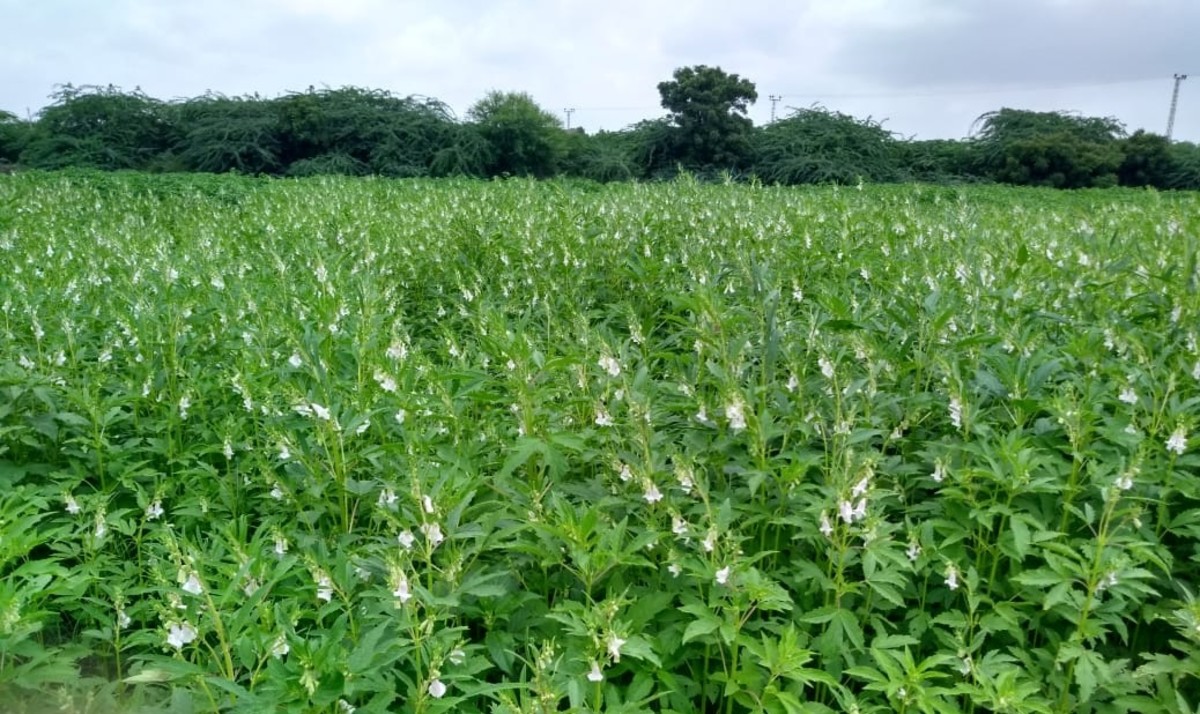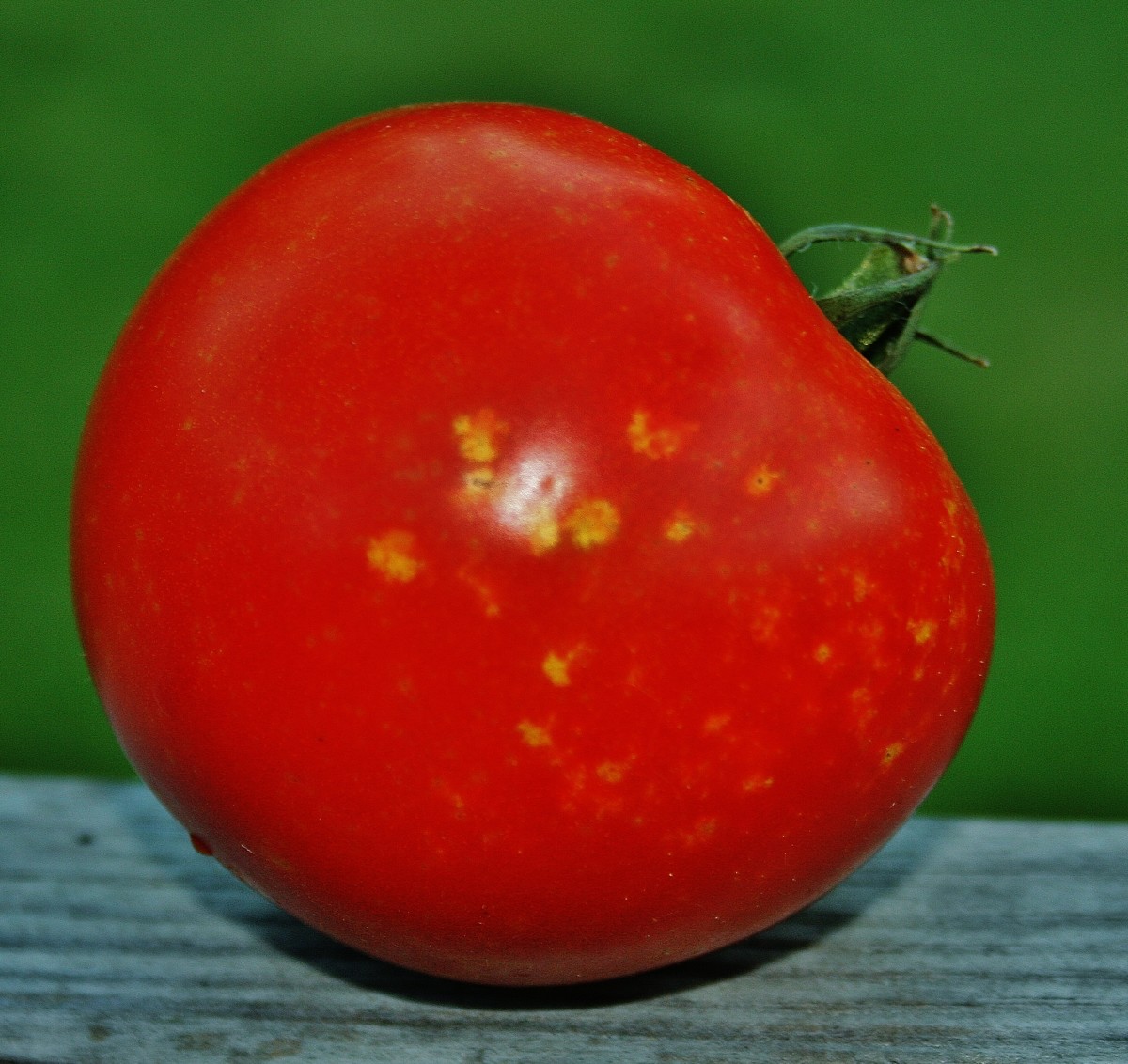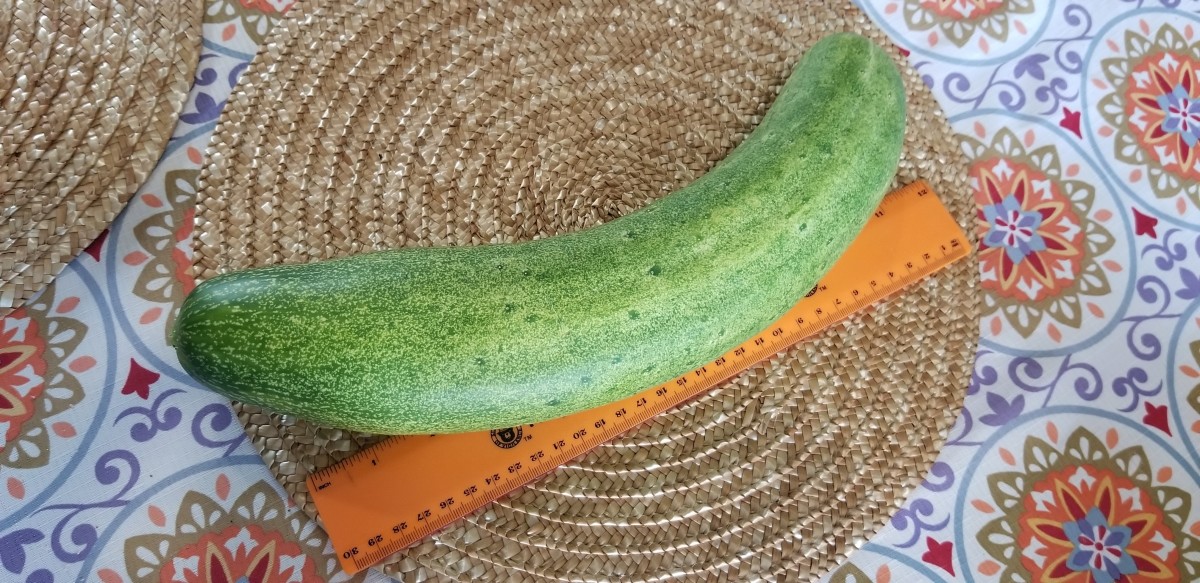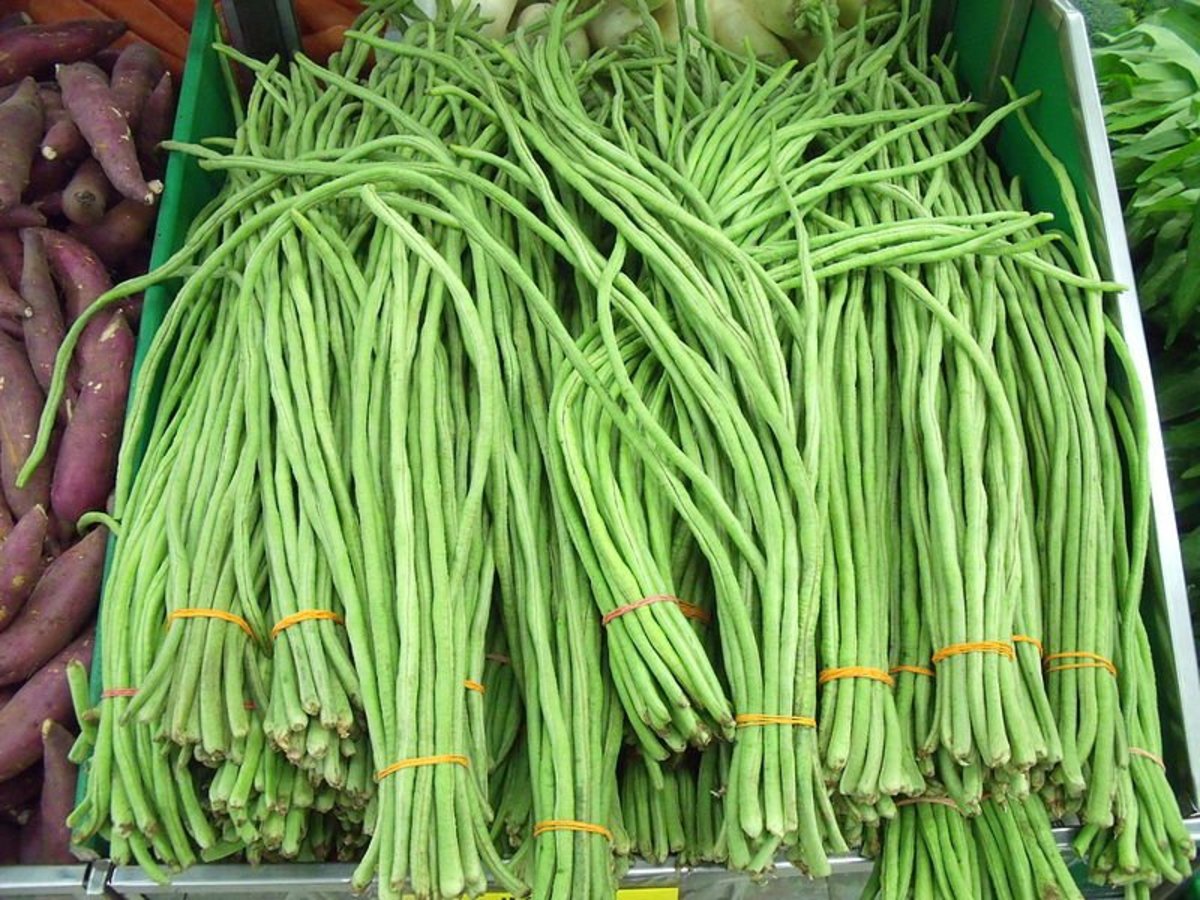Grow your own food for free
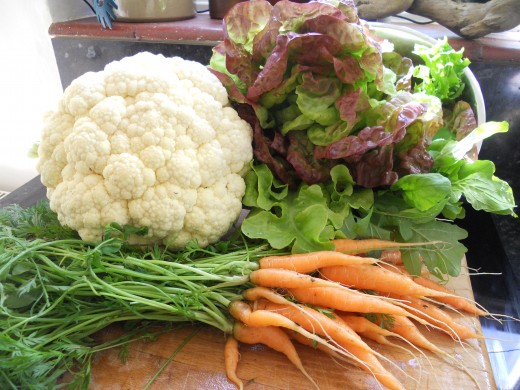
It is very rewarding growing your own fruit and vegetables, but the cost of buying plants, seedlings or expensive seeds, tools, compost, fertiliser etc can mean that growing your own can cost almost as much as buying the ready grown produce from the shops. However, with a little thought and preparation, gathering your own seeds for free, getting plants for free and making your own compost and fertiliser can make growing your own food a lot more fun and much more cost effective.
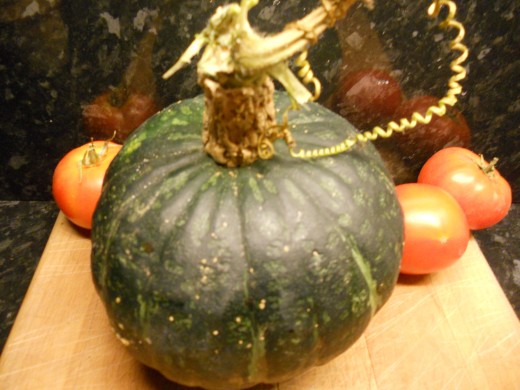
Collecting seeds
This is the easiest way to start new plants for nothing. If you have an existing vegetable plot you can collect seeds from plants you have already grown. Be warned, however, that seeds do not always come true to type, especially if you have grown F1 hybrid varieties - these will often revert back to inferior varieties of the plant. Heirloom varieties are better in this respect. Peas and beans are very easy to save seed from, simply leave a few pods on the plants to mature, and collect and dry them out at the end of the season, ready for next year.
I often keep the seeds from vegetables that I have bought too. I have had great success from saving squash, pumpkin, sweet pepper and chilli seeds from organic produce that I have bought. I save the seeds, dry them out on a clean kitchen towel on the windowsill, and then store in a paper envelope until it is time to plant them for the next season.
Keep all seeds in a cool, dry place over the winter, or until you are ready to sow them.
Tubers
We have all had potatoes that have started to sprout in the cupboard before we got around to using them. Don't throw them in the bin - plant them up in your veggie plot or in tubs in your greenhouse for free potato plants!
Last year I had a nice surprise when some old potatoes I had thrown on the compost heap had grown out into the rich soil next to the heap and produced pounds and pounds of beautiful white potatoes for absolutely nothing - I didn't even have to plant them!
Another tuber or root that can grow into a decent plant is ginger. I had left a piece of fresh ginger root in a plastic bag in the cupboard, and noticed one day that it was sprouting green shoots. I potted it up and got some lovely ginger plants for free.
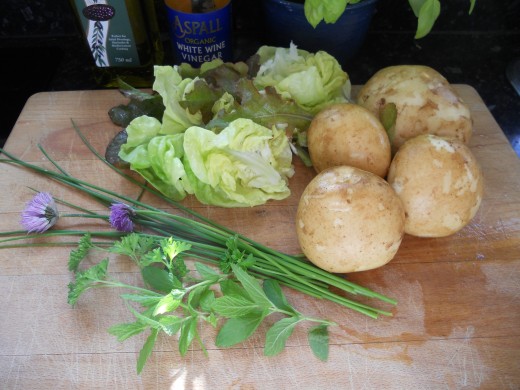
Increasing stock from existing plants
Many perennial plants can be divided up to make more new plants once they are established. Rhubarb is a great example - after a few years the original plant will have multiplied, so that at the end of the season it can be lifted, separated into smaller new plants and then replanted for the following year.
A lot of plants create new runners - for example, strawberry plants - which can be potted up and saved as next year's plants. Raspberry plants will send up suckers from below the ground, which can be dug up and replanted.
Taking cuttings of fruit bushes is also a wonderful way to create new plants. Blackcurrants, redcurrants and gooseberries are all easily propagated in this way.
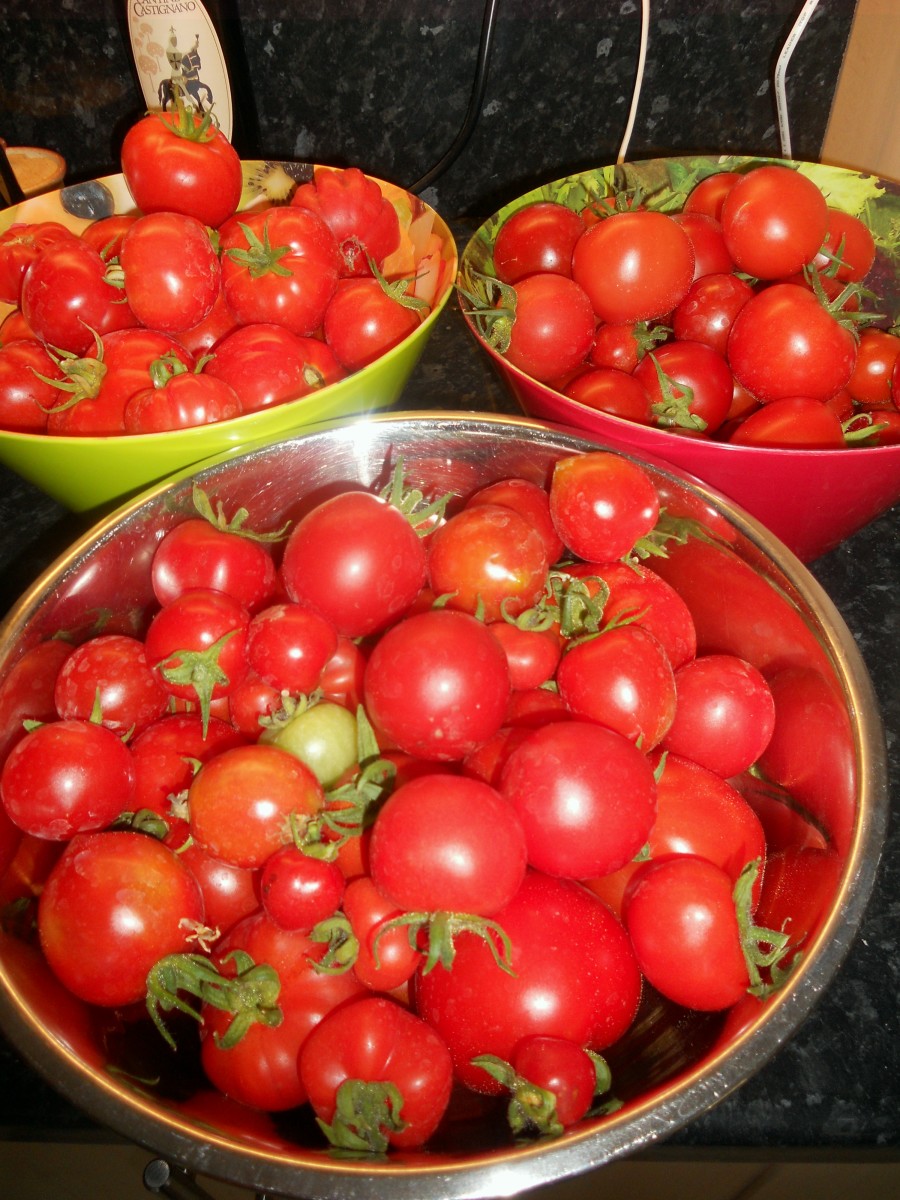
Sharing
Sharing and swapping plants with friends and neighbours always works well. If you grow from seed you often get far too many plants for your own needs, so doing some swaps with other growers is a good way to increase the variety of crops that you grow.
This year I swapped some of my squash plants for some courgettes, some sweet peppers for some chilli plants and several varieties of tomatoes were shared around. My friends and I all ended up with a much greater selection of vegetables.
Other supplies
I could write another hub on other gardening sundries that can be obtained for free, but here are a few ideas to get you started:
- make your own compost from kitchen and garden waste
- get compost from your local authority recycling centre (many of them offer free compost in return for recycling your garden waste)
- use recycled containers as seedling and plant pots - old eggboxes make great seedling pots, and yogurt pots are great for larger plants
- make your own fertiliser from soaking nettles in water for a few days - a great nitrogen feed for tomatoes and peppers
- good old-fashioned manure to improve your soil is often very cheap or free if you don't mind collecting it yourself from local farms or stables
See more hubs by this author for ideas on what to do with your home grown vegetables
- Cherry and berry compote: fruit dessert recipe
A delightful recipe for fresh cherry and berry fruit compote, bursting with summer flavours, and a delicious accompaniment to ice-cream or yogurt - Traditional Rhubarb Crumble Recipe
Rhubarb crumble - an easy to follow recipe for this classic English dessert. It is delicious made with fresh seasonal rhubarb and served with custard or ice-cream. - Home-made tomato and basil sauce
A quick, easy to follow recipe for tomato and basil sauce using fresh tomatoes and basil. Great for a quick supper and for using up home-grown tomatoes. - Vegetarian Main Courses - Winter Vegetable Hot-Pot
A recipe for vegetarian hot-pot, a lovely winter-warming dish that is both tasty and nutritious, also suitable for vegans. - Creamy squash and tomato soup with mascarpone: a si...
An easy recipe for deliciously creamy squash and tomato soup. - Making sun-dried tomatoes in the oven
Drying is a good way to preserve home grown tomatoes. This article guides you step-by-step through the method to oven dry tomatoes where sun-drying is not an option.
© 2013 Imogen French

